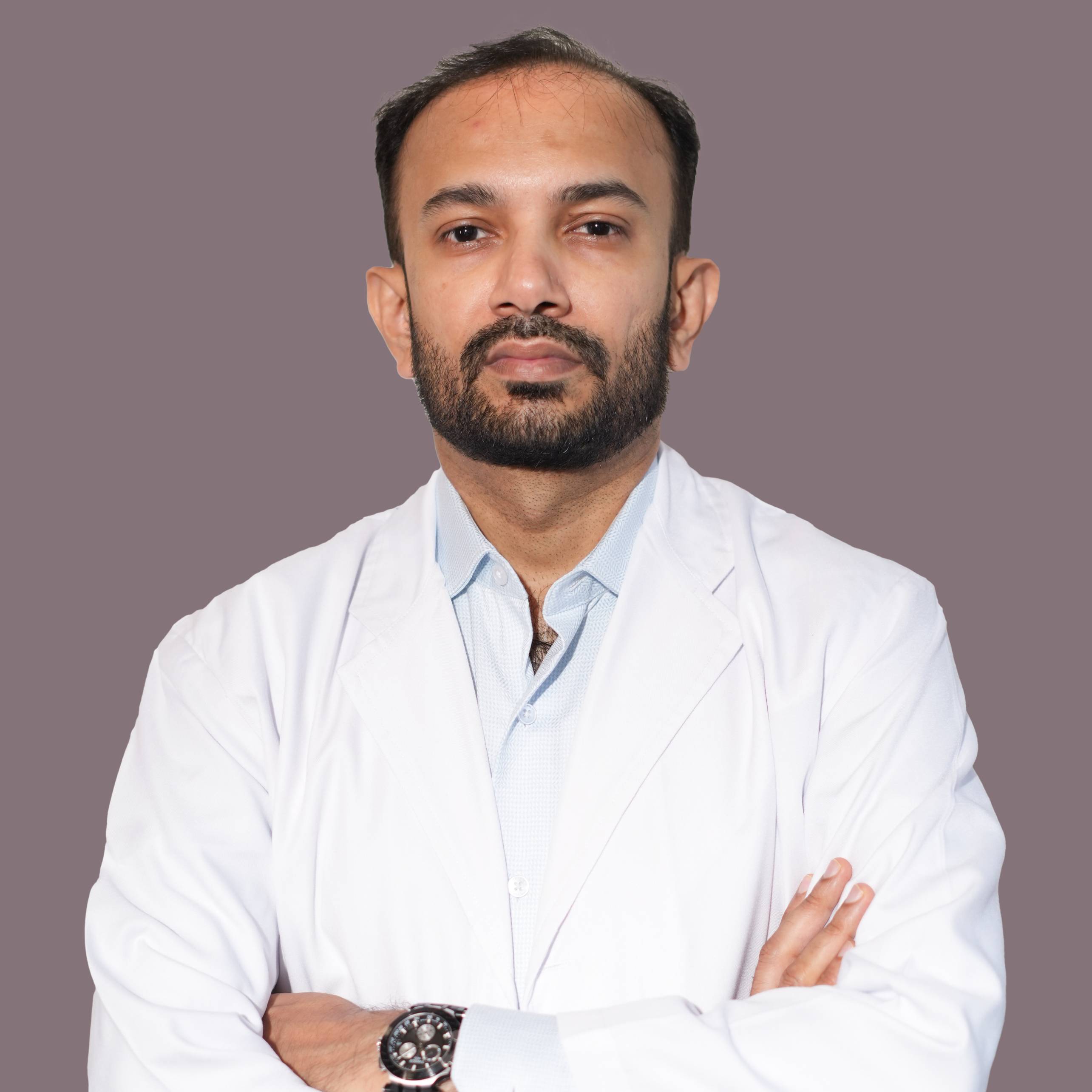- Our Doctors
- Our Specialities
Centres of Excellence
-
 Centre for Blood Diseases, BMT & Cancer Immunotherapy
Centre for Blood Diseases, BMT & Cancer Immunotherapy -
 Centre for Bone, Joint & Spine
Centre for Bone, Joint & Spine -
 Centre for Critical Care Medicine and ECMO Services
Centre for Critical Care Medicine and ECMO Services -
 Centre for Gastrosciences
Centre for Gastrosciences -
 Centre for Heart & Vascular Care
Centre for Heart & Vascular Care -
 Centre for Nephro-Urosciences
Centre for Nephro-Urosciences -
 Centre for Neurosciences
Centre for Neurosciences -
 Centre for Obstetrics and Gynaecology
Centre for Obstetrics and Gynaecology -
 Centre for Organ Transplantation
Centre for Organ Transplantation
Super Speciality
-
 Advanced Diagnostic and Interventional Radiology
Advanced Diagnostic and Interventional Radiology -
 Anesthesiology & Pain Management
Anesthesiology & Pain Management -
 Clinical Nutrition and Dietetics
Clinical Nutrition and Dietetics -
 Dental and Maxillofacial Surgery
Dental and Maxillofacial Surgery -
 Dermatology
Dermatology -
 Emergency and Trauma
Emergency and Trauma -
 Endocrinology and Metabolic Disease
Endocrinology and Metabolic Disease -
 ENT and Head & Neck Surgery
ENT and Head & Neck Surgery -
 Family Medicine
Family Medicine -
 General and Laparoscopic Surgery
General and Laparoscopic Surgery -
 General Medicine
General Medicine -
 GI Onco Surgery
GI Onco Surgery -
 GI Oncology
GI Oncology -
 GI Surgery, Advanced Laparoscopy and Gastro Oncosurgery
GI Surgery, Advanced Laparoscopy and Gastro Oncosurgery
-
- Key Procedures
- Our Hospitals
- International Patient
- Contact us
-
Quick Links


GI/Colorectal Cancer
Colon or colorectal cancer is a type of cancer that begins in the large intestine of the digestive tract – either from the colon or the rectum. Colorectal cancer is often grouped together because they have many features in common. Most colorectal cancer cases develop from precancerous growths called polyps, that form when cells lining the colon grow, divide and reproduce in a disorderly way. Polyps can become cancerous over time, invading the colon wall and surrounding blood vessels, and spreading to other parts of the body.
Symptoms of colon cancer are as below:
- Blood in the stool or in bowel movements
- Diarrhea or constipation
- Feeling that the bowel does not empty completely
- Persistent abdominal ache, cramps, or pain
- Unexplained weight loss
- Anaemia
- Nausea and vomiting
- Jaundice
Causes: The exact cause of colorectal cancer is not known, but certain risk factors are strongly linked to the disease, such as:
- Diet low in fibre and high in animal proteins, processed meats, saturated fats, calories
- Heavy Smoking
- Heavy alcohol intake
- Sedentary lifestyle with no physical activity
- Obesity
- Hereditary or family history
- Chronic Inflammatory Bowel Disease
Treatments
Uncompromised healthcare services. Always.
Meet Our Doctors
Experienced Medical professionals for a superior patient experience.
Frequently Asked Questions
How do I prevent my risk for colorectal cancer?
- Screening tests such as colonoscopies are the best way to find and remove polyps before they become cancerous, or to find early cancer when treatment can be most effective.
- Consume a high fibre diet with leafy vegetables, fruits, and whole grains
- Get regular exercise
- Limit red meat and processed foods
- Don't smoke
- Avoid alcohol
Is colorectal cancer curable?
Cancer of the colon is a highly treatable and often curable disease when localized to the bowel. Surgery is the primary form of treatment and results in a cure in approximately 50% of the patients.
Who is at risk for colorectal cancer?
Men and women aged 50 or older are at almost equal risk of developing colorectal cancer. Those who have a personal or family history of colorectal cancer or polyps are at higher risk of developing the disease. Anyone who has a long-term personal history of inflammatory bowel disease (Ulcerative Colitis or Crohn’s Disease) also is at higher risk.

 +91 9393 108 108
+91 9393 108 108





















































